Kundalini At Flow Yoga North Loop with Phoebe W.

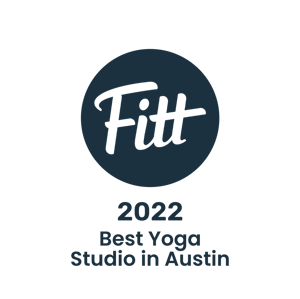



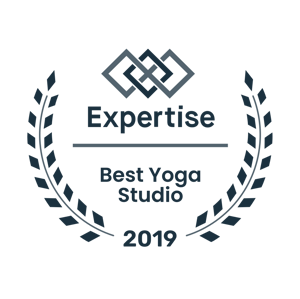
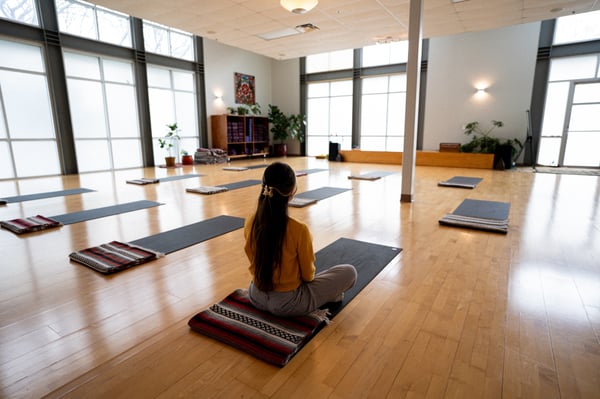
Unwind with our restorative classes, sweat it out in a hot yoga class, or experience traditional yoga. Feeling something in between? Choose from the widest selection of class options in Texas.
See the classesThere's a reason thousands of students have called Flow their second home for over a decade. Come experience yoga that makes you feel at home.
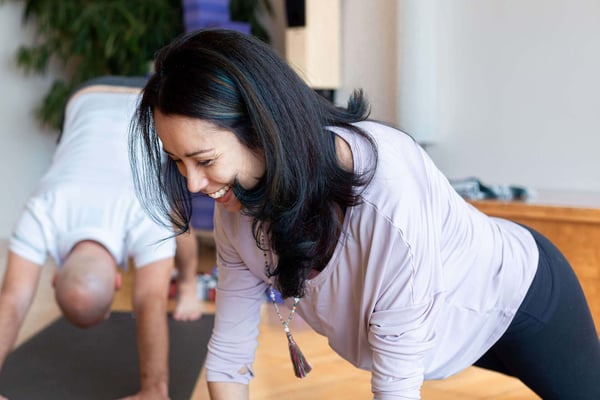
There's a reason thousands of students have called Flow their second home for over a decade. Come experience yoga that makes you feel at home.
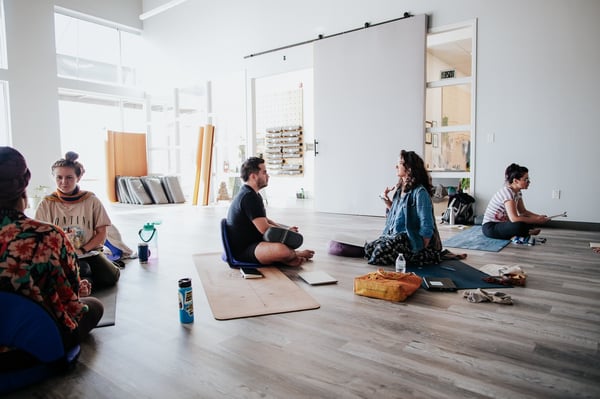
What started as a tiny studio with friends, Flow is now one of the fastest growing wellness brands and headed up by a powerhouse of women.
About FlowWith locations all over Austin and memberships that get you unlimited yoga at all Flow locations, we've got you covered.
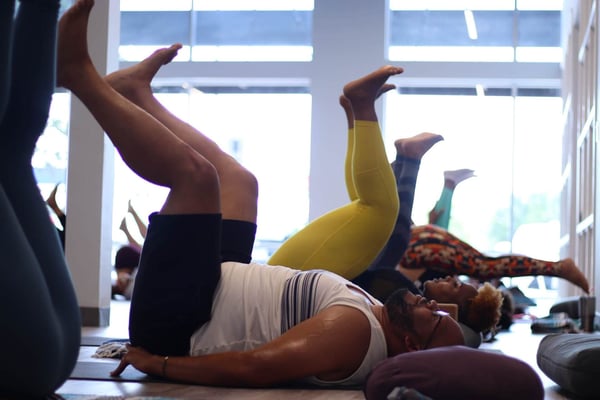
Flow Yoga Cedar Park studio is one of the highest rated studios in Texas. Its one of the few studios to offer both heated and non-heated classes which gives the studio a very wide range of class offerings from traditional to heated power.
Whitestone and 183
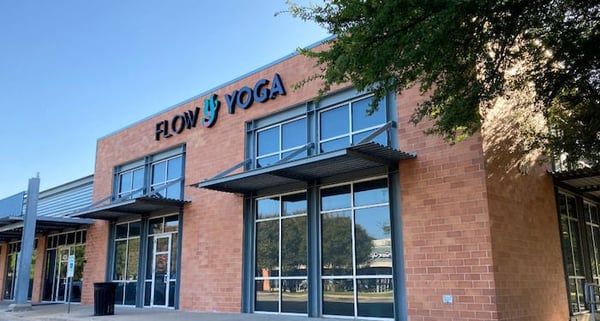
Flow Yoga Westgate is one of the largest yoga studios in the country, Flow Yoga Westgate in South Austin has rooms that host 90 yoga students all the way down to intimate 1 × 1 rooms.
South Austin
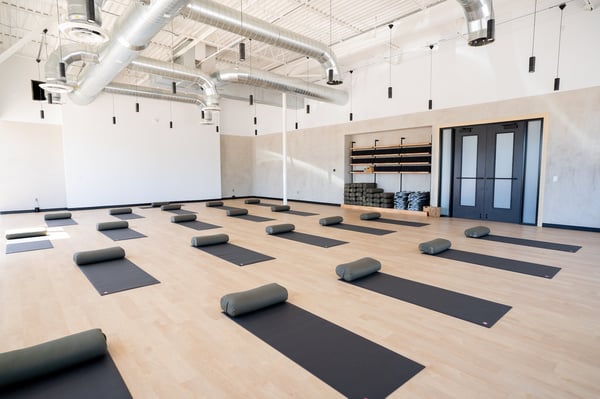
Flow Yoga Georgetown has two large studios, a cacao bar and tea lounge, and our famous diversity: hatha, vinyasa, kundalini, meditation, community events and much more.
N Austin Av

3rd Eye Lounge is spread across an entire wellness village right in the heart of Zilker Park. 3rd Eye is famous for its handmade cacao drinks and incredibly vibrant community.
Zilker Austin
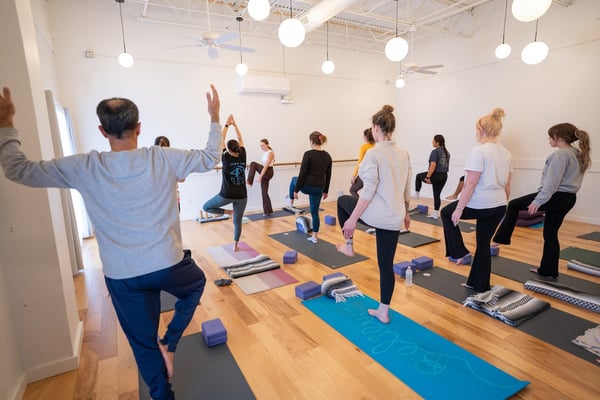
Flow Yoga North Loop is a gorgeous new studio in central Austin with a collection of modalities like yoga, sound healing, massage and acupuncture.
North Central Austin
Yoga can help with emotional balance like a tightrope walker for your emotions. It can help you stay centered and grounded, even when things get tough. Plus, it's a lot more fun than walking a tightrope all day.
Yoga can help with chronic pain and injury recovery like a physical therapist for your body. It can help reduce pain and stiffness, improve flexibility, and increase strength. Plus, it's a lot more fun than going to physical therapy all day.
Yoga helps with heart health like a personal trainer, providing a gentle and effective workout to keep your heart strong and healthy. It can help lower blood pressure, improve circulation, and reduce the risk of heart disease. Plus, it's a lot more enjoyable than sweating it out on a treadmill.
Yoga helps with digestion and detoxification like a spring cleaning for your body, helping you get rid of toxins and waste. It can help improve circulation, stimulate the lymphatic system, and promote overall digestive health. Plus, it's a lot more enjoyable than cleaning out your garage.
Yoga can help with depression like a ray of sunshine for your mind. It can help reduce stress and anxiety, improve self-esteem, and increase feelings of happiness and well-being. Plus, it's a lot more fun than sitting in a therapist's office all day.